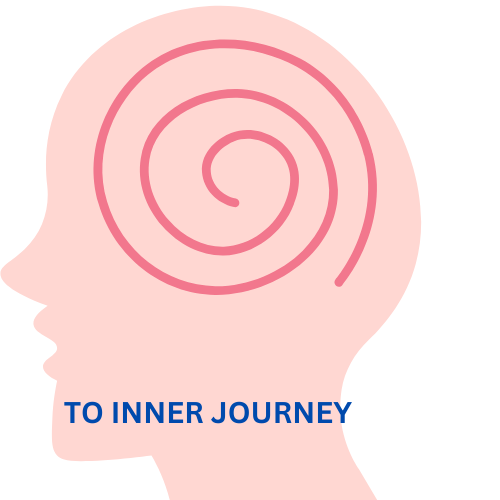
How to handle guilt begins with understanding what guilt truly is and why it matters. Guilt is a powerful emotional state that arises when we believe we’ve done something wrong, violated our own moral standards, or hurt someone else. It often brings along feelings of regret, remorse, and self-blame. While unpleasant, guilt can also be a meaningful signal from our conscience, urging us to reflect and grow.
There are two main types of guilt:
Healthy guilt – This form helps guide behavior in alignment with personal or societal values. For instance, if you lie to a friend and later feel guilty, that discomfort may push you to be more honest in the future. Healthy guilt is connected to empathy, ethics, and a sense of responsibility.
Unhealthy guilt – This form can be irrational, excessive, or misplaced. It might involve blaming yourself for situations beyond your control or setting impossible expectations. For example, constantly feeling responsible for other people’s happiness or for events from the distant past is a sign of unhealthy guilt. This type often feeds anxiety, perfectionism, or obsessive-compulsive patterns.
Guilt is closely tied to our emotional intelligence and self-awareness. It indicates that we care about right and wrong. But when left unaddressed, it can grow into shame, self-doubt, or chronic stress. That’s why learning how to handle guilt is not just helpful—it’s essential for emotional well-being.
How to Handle Guilt
How to handle guilt, especially when it feels overwhelming, involves acknowledging it, examining its roots, and making space to grow or move forward. Here’s a step-by-step approach:
1. Acknowledge the Feeling
Instead of avoiding or suppressing the discomfort, name it.
Say to yourself: “I feel guilty because…”
Labeling the emotion helps bring it into conscious awareness and reduces its intensity. Denying or pushing guilt away often leads it to grow stronger in the background.
2. Understand the Source
Ask yourself a few questions to identify whether the guilt is rational or irrational:
Did I actually do something wrong?
Am I blaming myself for something outside my control?
Are my expectations of myself too high or unrealistic?
Rational guilt indicates a mistake or harmful behavior that you regret. In this case, guilt serves as a prompt for positive change.
Irrational guilt, however, arises from internalized pressure, fear of judgment, or emotional patterns learned in childhood. Recognizing this distinction is a key step in learning how to handle guilt.
3. Make Amends (If Possible)
If your guilt stems from an action that affected someone else, consider offering a sincere apology or taking steps to correct the situation.
Even if the situation involved only yourself, ask: “Is there anything I can still do now to improve or take responsibility?”
Action—no matter how small—can relieve lingering guilt and build self-respect.
4. Learn from the Experience
Every emotion has a message. Ask:
What is this guilt trying to teach me?
What values or principles are important to me here?
What can I do differently moving forward?
When you use guilt as constructive feedback instead of punishment, you grow emotionally and morally.
5. Forgive Yourself
Mistakes don’t define you. They are part of being human.
Remind yourself: “I did the best I could with what I knew at the time.”
Self-forgiveness doesn’t mean excusing harmful behavior; it means choosing to release the burden once you’ve taken responsibility and learned your lesson.
6. Let Go
Once you’ve reflected and taken whatever steps were possible, it’s time to release lingering guilt. Holding on to it endlessly only adds to emotional distress.
Try techniques like:
Mindfulness to ground yourself in the present
Journaling to externalize your thoughts
Deep breathing or meditation to calm your inner critic
Letting go is an active decision to stop punishing yourself and move forward.
7. Talk About It
Guilt grows stronger when kept in silence.
Talking to a trusted friend, mentor, or therapist can provide clarity, empathy, and perspective. Even writing it out on paper can be a powerful release.
If your guilt feels obsessive or paralyzing, it may be tied to anxiety or perfectionism—issues that therapy can help with deeply.
When learning how to handle guilt, remember it’s not about forgetting or dismissing what happened. It’s about processing your emotions with honesty, compassion, and maturity. Everyone makes mistakes. What matters is what you do with that experience.
Guilt, when handled wisely, can become a guide toward a more thoughtful, ethical, and conscious life. Let it be a teacher—not a lifelong burden.

